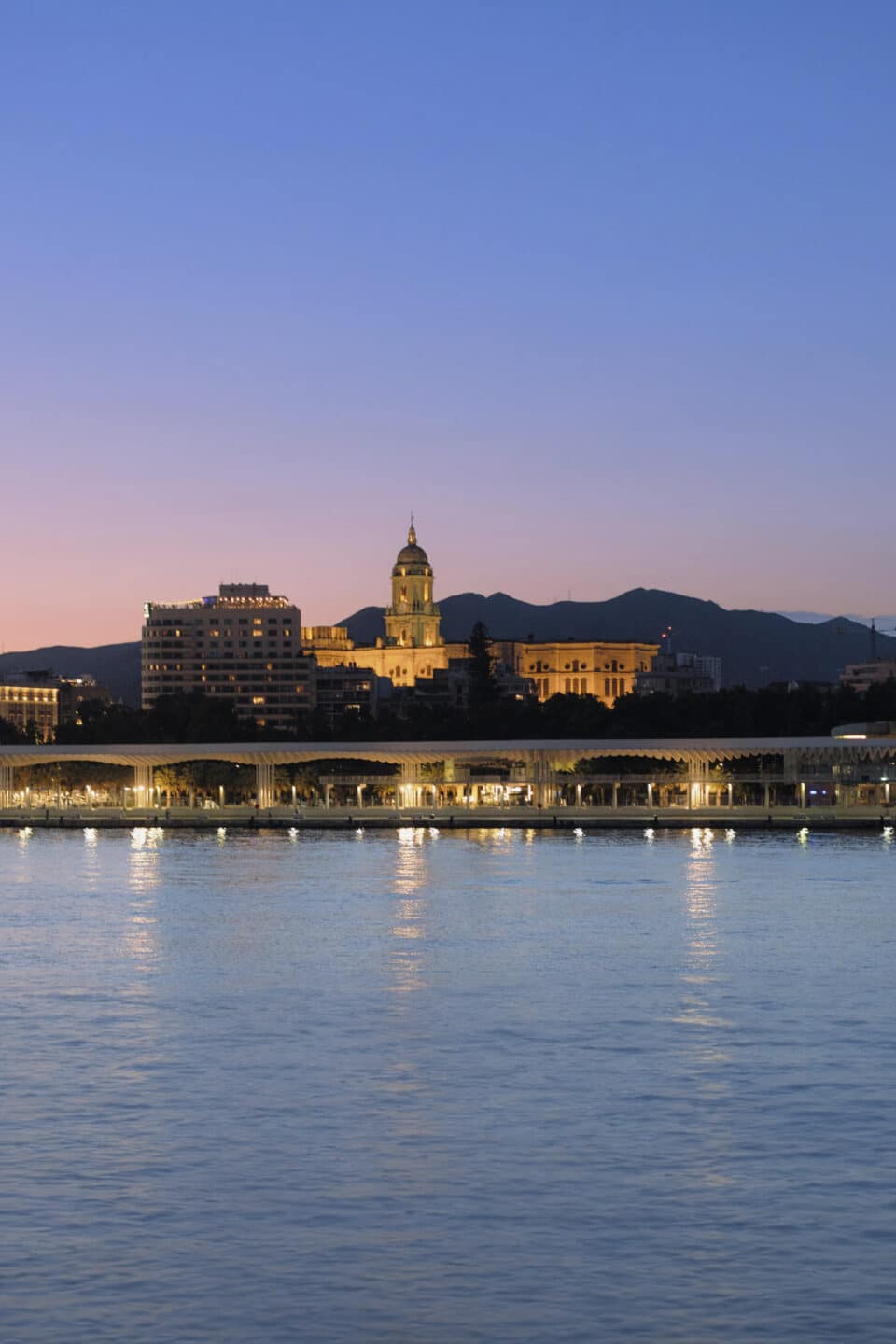“Our office is moving to the sun.” Nowadays, an email reply like that would hardly surprise anyone, given the need to rethink the structures of working life brought about by the pandemic. Work is no longer tied to a place, and flexibility and the possibility for remote work are proven to increase work satisfaction and productivity. Many companies saw the competitive advantage that this would give them and started looking for new locations for their offices that would offer not only a pleasant climate and good quality of life, but also a lower price and pay level and an abundant supply of skilled labour. Málaga has hit the jackpot with this trend.
In a recent international comparison, Málaga received the highest score for quality of life and placed among the best also for its internet connections and prime rental housing market. For demanding remote workers, Málaga’s rich cultural heritage and offering are also big plusses. In the comparison, Málaga outshone the traditional favourites, Miami and Lisbon, and only Dubai received a slightly higher score.
The real boom started in the pandemic year 2021, when many global technology companies started to move their research, development and innovation centres to Málaga. This development has been driven by the digital nomad visa programme launched by Spain in early 2023. The programme facilitates labour mobility and allows remote workers from outside the EU to stay for up to four years in the country. The high-income remote workers are a major boost to the country’s economy and services sector, and the euros they spend benefit local companies also outside the tourist season.
Remote work is no longer a privilege of digital nomads; an increasing number of experts and managers are now looking for opportunities to become expatriates and work under the sun, at least part of the time.


Big companies following the lead of small ones
Thanks to the boom, good economic news has been pouring in for Málaga. Big global companies are following the lead of small companies, which have already found their way to Málaga. Google, for example, announced that it will invest more than EUR 500 million in its cybersecurity centre in Málaga, and Vodafone chose Málaga as the location of its new research and development unit. The world’s biggest consulting firms, such as Deloitte, PwC and Ernst & Young, have also opened offices in Málaga.
A year ago, the American financial giant Citigroup opened a new hub for young analysts in the city, because it wanted to offer an attractive work-life balance. More than 3,000 applicants from the world’s best universities competed for the twenty or so places on offer at the Málaga office – which goes to show just how strong the city’s appeal is.
Remote work is no longer a privilege of digital nomads.
Málaga’s rapidly growing popularity is no coincidence; it is the result of long-term engagement.
“For a decade now, the strategy has been to diversify Málaga’s economy to ensure that it is not too dependent on tourism,” said Marc Sanderson from Foreign Direct Investments in an interview by Focus magazine.
Spain also receives significant subsidies from the EU for the green energy transition, circular economy and digitalisation, and the projects have also provided work for foreign companies.

Enjoying the sun under the Finnish flag
Málaga also holds the top position in population growth in Spain, accounting for up to 40 percent of the country’s population growth last year, with the city’s number of inhabitants exceeding the 1.7-million mark. One in five inhabitants of Málaga is a foreigner, and many Finnish technology companies have also opened an office in the city.
“Finnish startups have also shown interest towards Málaga’s ecosystem. Málaga’s appeal is not just about a company’s opportunities to operate or the ecosystem; some Finnish companies use their office in Málaga and the possibility to work remotely from there as a means to attract labour and reward personnel,” says Otso Salvi, Diplomat at the Embassy of Finland in Madrid. An office under the sun has undeniable appeal.
Source: Savills Executive Nomad Index 2023.




